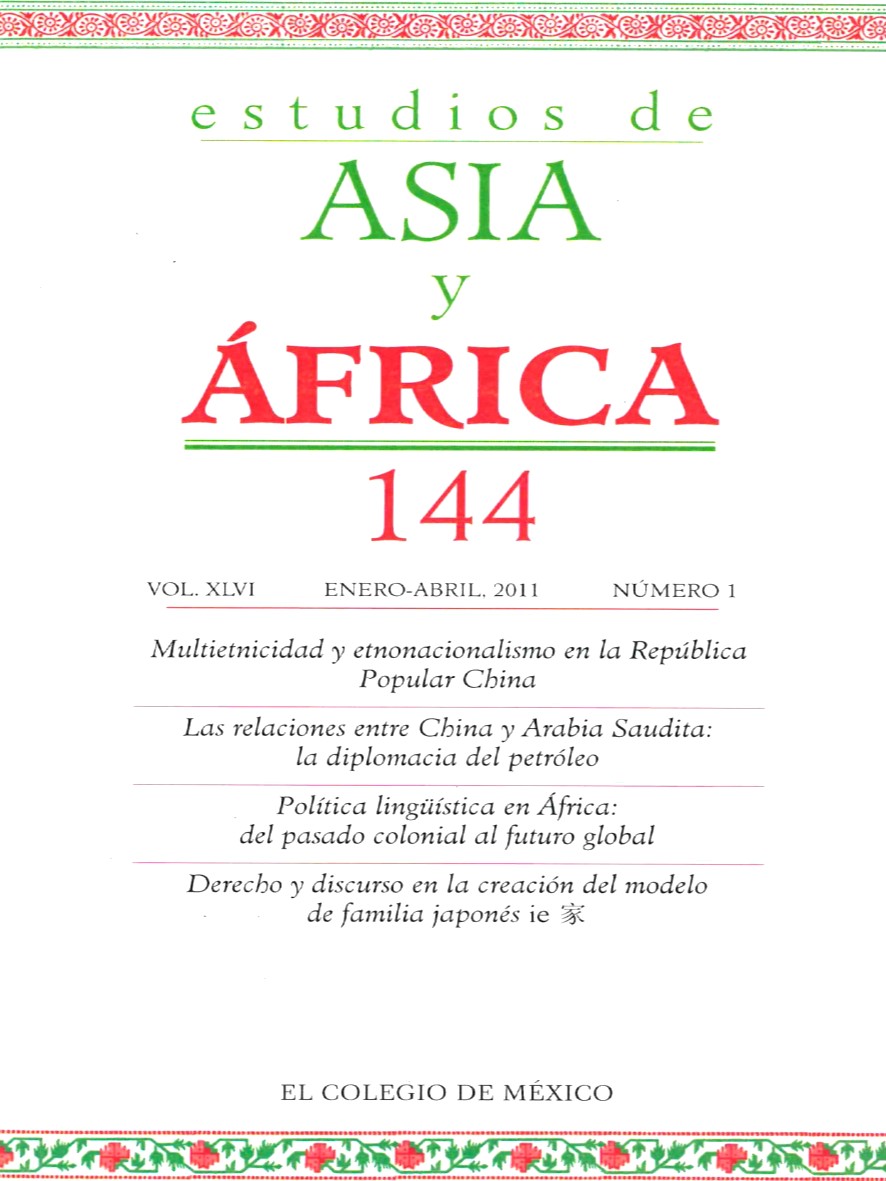Abstract
Since the emergence of nation states, language has played an important role in the construction the nations. As Ernest Renan said (1997), were it not for the power of the state to segregate, select and sort, the national community would hardly exist. If the state is the realization of the future of the nation, it was also a condition for the existence of one. The state uses national language as a tool to exercise its power, including symbolic power, when faced withmany conflicts and negotiations. Our goal is to analyze language policy in African countries, after the independence process in the 1960s, and especially to discuss the choice of European languages as official in new nations. However, in this analysis we cannot forget the vast ethnic and linguistic diversity of the continent, in a increasingly globalized world, where english, especially due to its economic bias, has emerged as a global language.
References
Abdulaziz, Mohamed H., “The history of language policy in Africa with reference to language choice in education”, en Adama Ouane(coord.), Towards a multilingual culture of education, Hamburgo, Unesco Institute for Education, 2003, pp. 103-112.
Adegbija, Efurosibina, Language Attitutes in Sub-Saharan Africa, Clevendon, LTD, 1994.
Bauman, Zygmunt, Identidade, Río de Janeiro, Jorge Zahar Editor, 2005.
Bhabha, Homi K., Narrando a nação, Río de Janeiro, UERJ, 1997.
Bourdieu, Pierre, A Economia das Trocas linguísticas, São Paulo, Edusp, 1996.
Calvet, Louis-Jean, As políticas linguísticas, São Paulo, Parábola, 2007.
Diop, Mouhammet, “África pede internet como foco social e não apenas comercial”, periódico Convergência Digital, noticia del 14 de noviembre de 2007. [Consultado el 16 de abril de 2009 en: www.convergenciadigital.com.br].
Küper, Wolfgang, “The necessity of introducing mother tongues in education systems of developing countries”, en Adama Ouane (coord.), Towards a multilingual culture of education, Hamburgo, Unesco Institute for Education, 2003, pp. 89-102.
Mariani, Bethania, “Da colonização linguística portuguesa à economia neoliberal: nações plurilíngües”, Gragoatá, núm. 24, 2008, pp. 71-88.
____________, “Língua portuguesa, políticas de línguas e formação de Estados nacionais: notas sobre lusofonia”, en Geraldo Pontes y Claudia Almeida (coords.), Relações literárias internacionais: lusofonia e francofonia, Río de Janeiro, Eduff de letras, 2007, pp. 234-253.
Ouane, Adama (org.), Towards a multilingual culture of education, Hamburgo, Unesco Institute for Education, 2003.
Renan, Ernest, O que é uma nação?, Río de Janeiro, UERJ, 1997.
Rodrigues, Ángela Lamas, “Dominação e Resistência na África: A Questão linguística”, Gragoatá, núm. 19, 2005, pp. 161-176.
Souza, Álvaro José, Geografia linguística: dominação e liberdade, São Paulo, Contexto, 2001.
This work is licensed under a Creative Commons Attribution-NonCommercial-NoDerivatives 4.0 International License
Copyright 2022 Estudios de Asia y África


